Join the author, Néstor T. Carbonell, as he shares a critical analysis of the Castro-Communist regime and explores the challenges and opportunities that will likely arise when freedom finally dawns in Cuba.
CHAPTER 17: The Dawn of Freedom
Cuba’s severe trade imbalance and hard currency shortage has forced the regime to start «dollarizing» part of the economy (as it did in the early 1990s when Soviet aid was terminated). From now on, instead of having to buy home appliances and spare parts abroad, or having to import them through third parties (known as mules) with markup, Cubans with dollars or euros from offshore remittances or other means will be able to purchase locally, at competitive prices, some of the needed goods in state-owned hard currency stores. To have access to those stores that are now being opened, the buyer will have to obtain a bank card from a local account with hard currency. So the dollar or euro stays in Cuba. But as those with hard currency deposits have recently experienced, they may not withdraw them at will – not while Cuba remains stifled by a major liquidity crisis.
Beyond this ongoing development, no meaningful liberalization of the economy is foreseen at this time, even within the confines of a political tyranny as in China. The politburo fears that, given the entrepreneurial zeal of the Cubans and the island’s proximity to the citadel of pernicious capitalism (the United States), too much economic leeway could undermine its grip on power.
But could the Castro regime cope with worsening economic and financial conditions without introducing major reforms? It could conceivably muddle through, at least temporarily, if a new US administration, with congressional approval, were to lift or weaken the embargo on Cuba and if Russia and/or China were to increase their economic support.
However, that won’t resolve the core problem. The crisis facing Cuba today is not peripheral or transitory, but integral and deep-rooted, pew truly embrace the Marxist-Leninist ideology, and the revolution has lost its relevance and mystique. The rot is so pervasive that the only real cure lies in removing the state’s stifling corset to open the economy and unleash the nation’s creative energies.
It may take time, however, to achieve that objective. The Castro regime has been able so far to neutralize or contain the anger and frustration of large swaths of the population. But the current unsettling situation is bound to get worse, particularly if the regime loses the Venezuelan subsidy. The gap between the shallow reforms and the bulging needs of ordinary Cubans is widening, and total dependency on the welfare state, which bred conformity and inertia, is no longer sustainable. So as the government safety net contracts, the unrest will grow along with the clamor for liberty.
The Price of Freedom
Cubans, on the surface, seem resigned to their current fate as they struggle to overcome their daily ordeal. But history suggests they have not renounced their right to chart their own course and determine their own future. Throughout sixty years of Castro tyranny, thousands of Cubans from all walks of life have paid the ultimate price in their quest for liberty.
Now a new generation of Cubans—led by the surging prodemocracy dissident movement—is trying to reignite the «hope of the hopeless» and the «power of the powerless,» in the words of Vaclav Havel, the late Czech statesman and dissident. Although public protests and peaceful demonstrations have so far been limited, activists and a growing number of Cubans who have been silent or uninvolved are now turning to social media (Twitter, Facebook, and other applications) to express their discontent and demand essential changes.
Despite relentless repression and lack of unified leadership th dissidents have not been cowed or quelled. They remain adamant their pursuit, realizing that it will take unflagging perseverance and coordinated efforts to energize civil society. They are convinced that if pressure is increased from inside and outside the island, those in power will have to recognize the legitimacy of the democratic opposition and negotiate a peaceful transition.
This, however, may not happen until Raul Castro and his Old Guard are gone and their succession scheme is stymied by a galvanized population, including young marginalized officers of the army and disaffected apparatchiks. Not a far-fetched scenario if we recall what occurred in the Soviet bloc following the end of Stalinism under the reformist Gorbachev.
For all their apparent puissance, airtight totalitarian governments, grounded on lies and fear, tend to crack when they are forced to introduce substantial reforms, particularly political reforms. They tend to propel rising expectations and growing demands, and through the crevices that ensue, the winds of freedom start to blow.
But this does not occur by coddling tyrants with unilateral concessions and charm offensives or by enriching their domains with tourism, commerce, and investment. In shackled countries like Castro’s Cuba, where the economy is largely controlled by the ruling elite, mainly the military, the inflow of capital and financing bolsters the oppressors and does not effectively empower the oppressed.
To help bring about the largely peaceful transitions from totalitarianism to democracy and free enterprise in the Soviet bloc, the Reagan administration engaged Gorbachev. But it did not rely solely on the soft power of diplomacy. It simultaneously exerted extraordinary economic, political, psychological, and military pressure (including an arms race that almost crippled the Soviet Union). It also supported the dissident movements jointly with Pope John Paul II and British prime minister Margaret Thatcher. The comprehensive strategy was clearly outlined in three ultrasecret National Security Decisions Directives: No. 32 of May 20 1982, No. 66 of November 29, 1982, and No. 75 of January 17, 1983.
Most Cuban dissident leaders and human rights activists do not oppose US conditional engagement with the Castro regime (or its successor), but they do warn against the dictator’s ploy to promise and not deliver, to take and not give. They harshly criticize the 2014 one-sided Washington-Havana deal that was secretly negotiated without their knowledge or involvement, and they call on the United States and the democratic world to uphold and support their cause.
Cuban American community leaders and activists, often backed by legislators of Cuban descent led on a bipartisan basis by Senators Marco Rubio and Robert Menendez, have submitted to Congress and the White House a number of suggestions to spur democratic change on the island. Among those suggestions are the following:
1. Place Castro’s Cuba again where it belongs, among state sponsors of terrorism, and apply the corresponding sanctions. This appears to be under consideration, given the dozens of terrorists and fugitives harbored in Cuba and the close links of the Castro regime to terrorist organizations.
2. Indict Raul Castro for having ordered, among many other crimes against humanity, the deadly 1996 shoot-down, over international waters, of two unarmed planes of a Cuban American humanitarian organization carrying three US citizens and one US permanent resident. This campaign is spearheaded by Orlando Gutierrez, leader of the Cuban Democratic Directorate, and other prominent activists.
3. Enforce Titles III and IV of the Cuban Liberty and Democratic Solidarity Act, authorizing claims in the United States against those who «traffic» in confiscated property in Cuba, and deny US visas to those who engage in that illicit practice. (The Trump administration ended the periodic suspension of these titles, and the European Union announced that it would challenge the «extraterritorial» impact of this move and retaliate. The outcome of US court ruli on the outstanding claims is still pending.)
4. Ban US cruises to Cuba, which foster American tourism prohib ited by the US embargo and serve mainly to enrich the military jn charge of most of the economy. (Suspension of those cruises and restrictions on commercial flights to Cuba have been decreed by the Trump administration.)
5. Apart from penalizing the Castro regime for human trafficking call on the International Labor Organization to condemn the regime for installing in Cuba a virtual slave labor system that denies all basic rights and that pockets most of the hard currency salaries paid by foreign investors. Warn those investors that they could be held accountable for complicity in the crime.
6. Denounce Castro’s new constitutional sham, and support those who are engaged in civil disobedience to press for the release of all political prisoners, for respect for human rights, and for the adoption of a new constitution approved by freely elected representatives of the Cuban people.
7. Fend off, in accordance with the Rio Treaty, the military and subversive intervention of hostile powers in this hemisphere, in collusion with the Castro regime and other Latin American authoritarian governments.
8. Intensify support for the dissident leaders on the island, and encourage them to unify their efforts.
As noted, the United States already has adopted some of the suggested measures. Yet to emerge, however, is a comprehensive, forward-looking strategy. Such a strategy would address the Castro succession scheme as well as the very real threats posed by Russia, China, and rogue states in the Caribbean and throughout Latin America. Importantly, it would also engage and leverage the dissident movement’s prodemocracy leaders, whose involvement in any major negotiation affecting the future of their homeland will be essential.
The US Role
Some have asked: Why should the United States get involved in the Cuban plight? One good reason is that we cannot be indifferent or neutral when human rights and individual liberties are systematically trampled on by any government in this hemisphere. This would go against not only our values but also the 2001 Democratic Charter of the Organization of American
States, which calls for collective action when democracy is threatened or suppressed in the Americas.
But there is another, even more compelling reason to be involved. The island, dominated by a cruel tyranny supported by anti-American powers and rogue states, is too close to the United States to be abandoned or ignored. As Secretary of State John Quincy Adams presciently pointed out in 1823: «Cuba, almost in sight of our shores, from a multitude of considerations has become an object of transcendent importance to the commercial and political interest of our Union» (and to its national security, I would add).
As noted earlier, the security of the United States and the region is again potentially endangered by and from Castro’s Cuba. Both the former head of the US Southern Command, Admiral Kurt Tidd, and his successor, Admiral Craig Faller, have flagged the brewing geopolitical and military threat posed by Cuba in collusion with Russia, China, Venezuela, other rogue states, and terrorist organizations. So hands-off in Cuba is not really an option for the United States, nor is lifting the embargo without quid pro quo. A one-sided engagement is no engagement; it is capitulation, which only emboldens the tyrant and his allies and demoralizes his opponents.
Consistent with US national interests, commitments, and values, Washington should encourage and support the young prodemocracy and human rights activists in Cuba (as it did with the leaders of the Solidarity movement in Poland), for they, and not their aging oppressors, are the island’s best hope for a free, peaceful, and prosperous future.
Finally, it’s important to bear in mind that a Communist Cub an unavoidable reality today, but it is not destiny. It’s a tragic aberratio that eventually will pass. Freedom still beats in the hearts of the captiv population.
As the island’s foremost hero, Jose Marti, who led the final struggle against colonial rule in the Americas, put it so eloquently: «Liberty never dies from the cuts it receives. The dagger that wounds it carries in its veins new blood.»

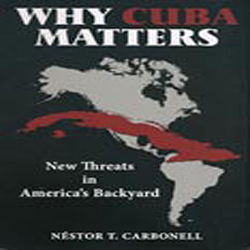

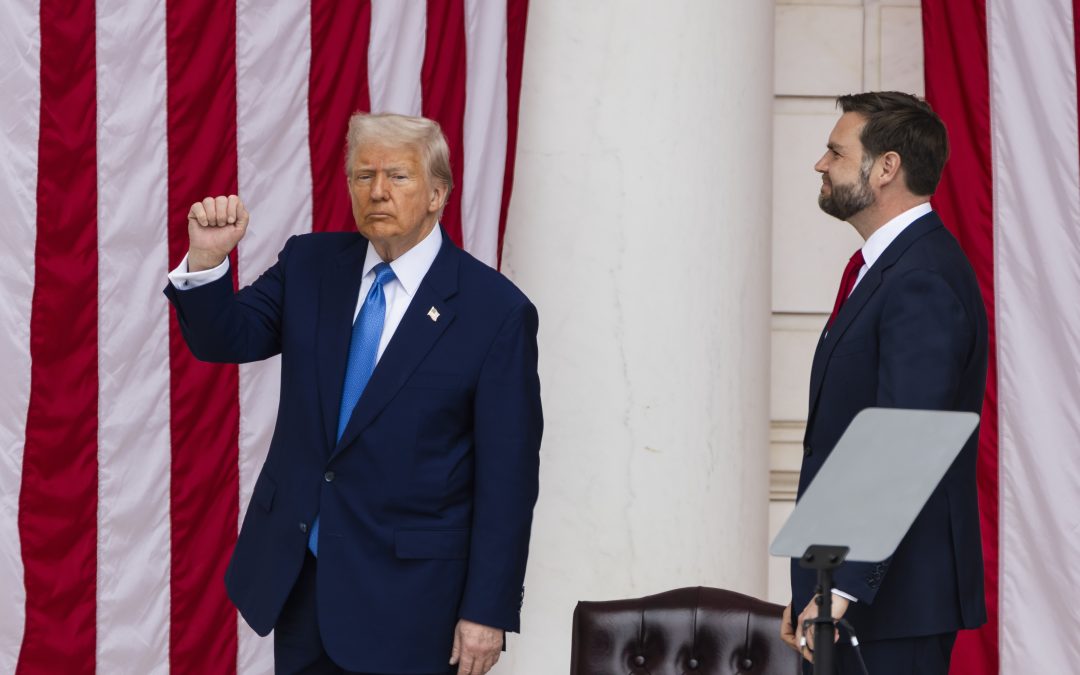
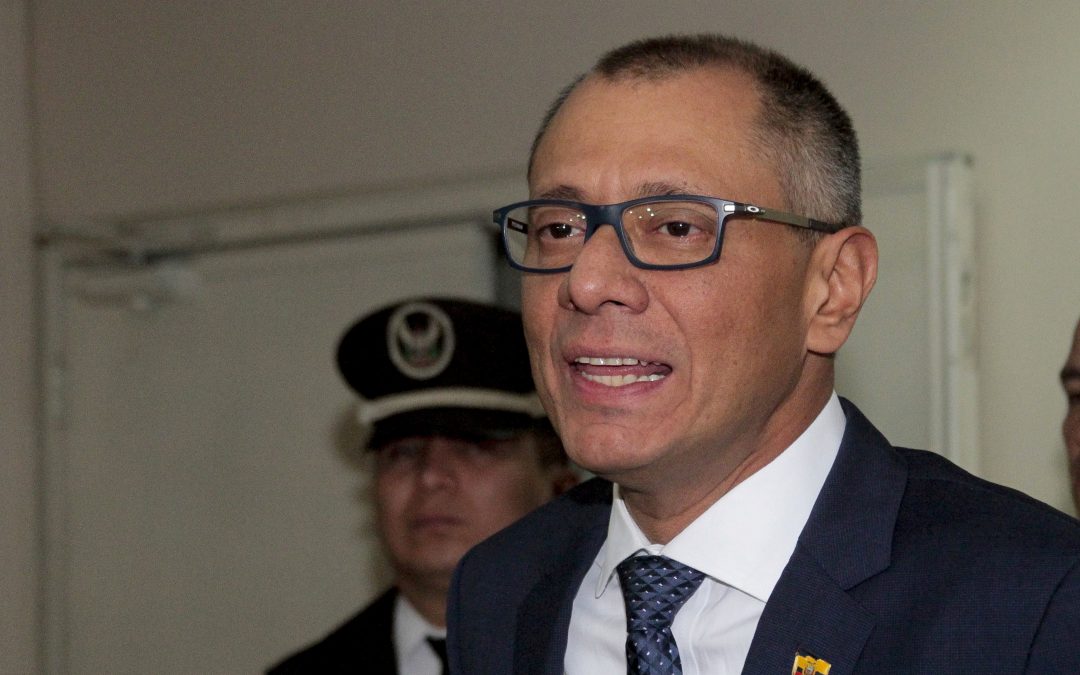
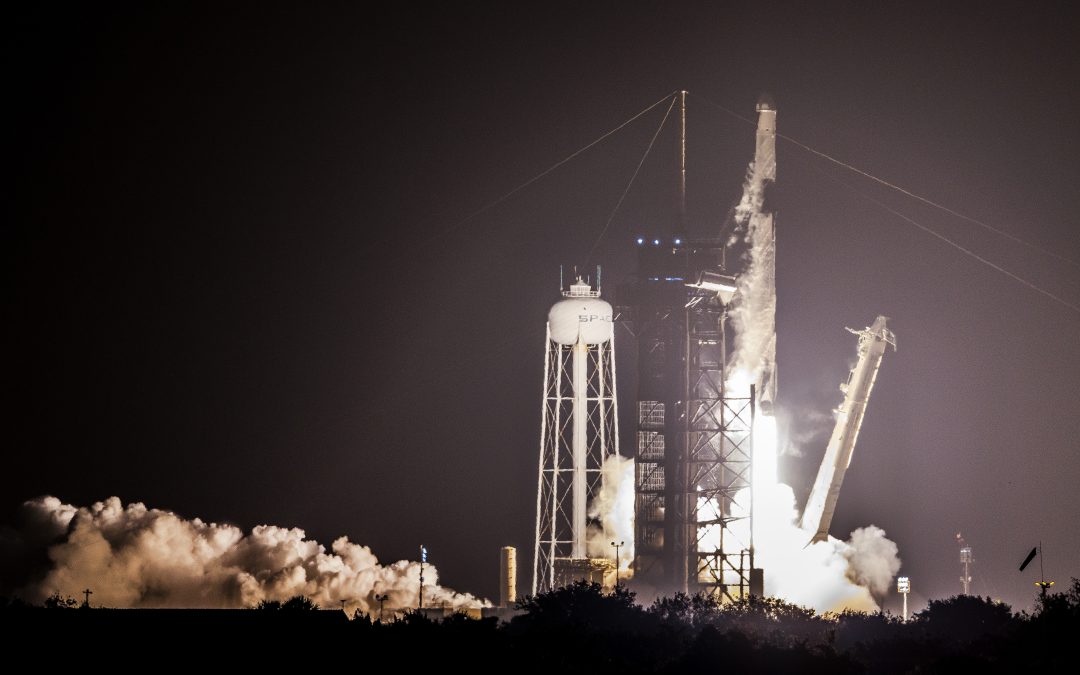
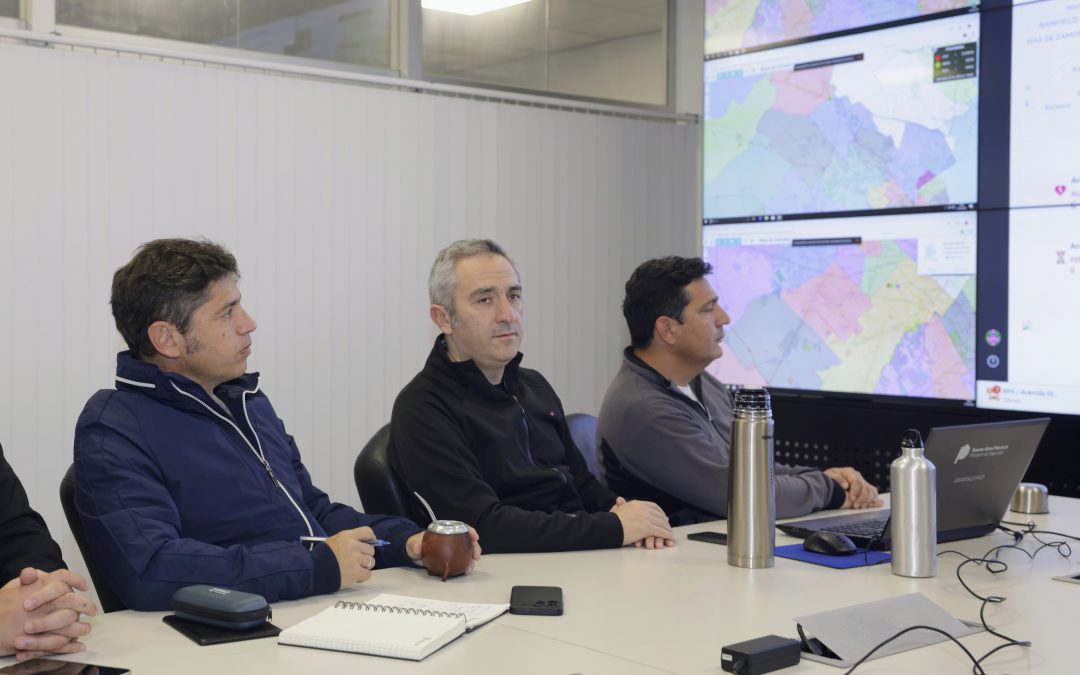
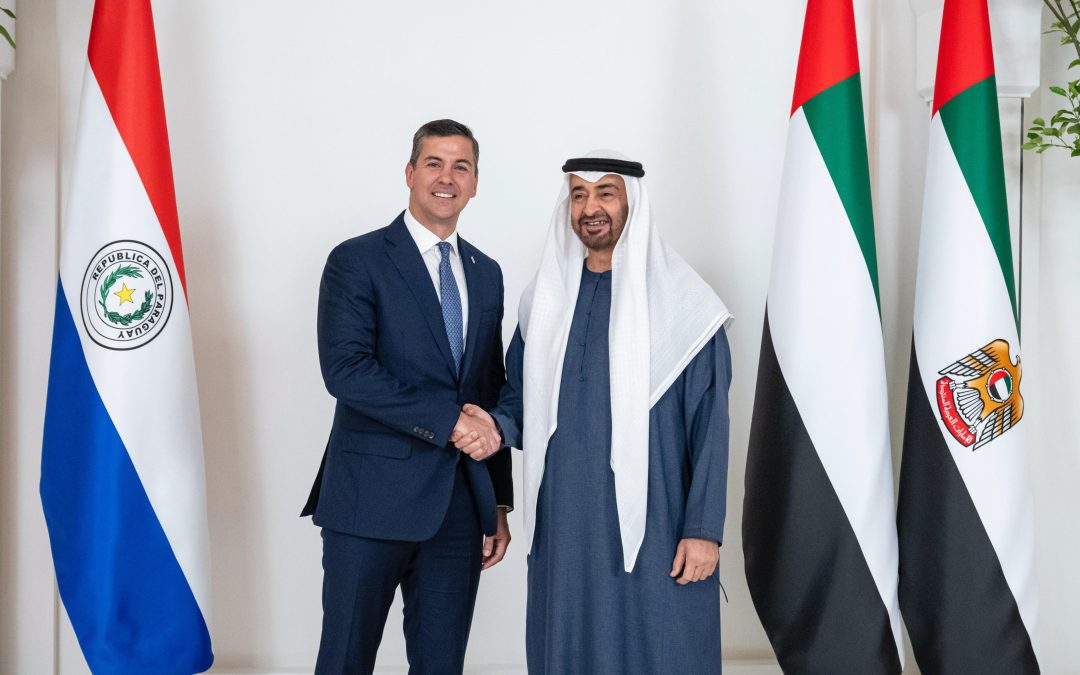




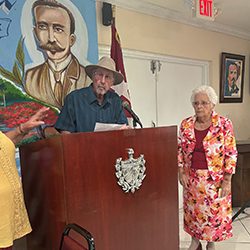

0 comentarios